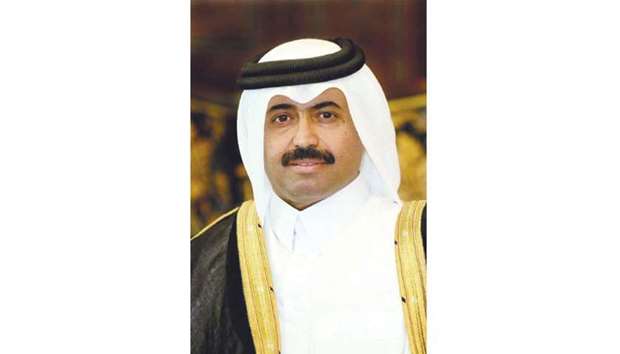The current circumstances in the region will not prevent Qatar from “honouring its international commitment” of cutting its oil production as per the agreement reached, said HE the Minister of Energy and Industry Dr Mohamed bin Saleh al-Sada.
“Qatar is committed to the Vienna agreements that were reached end of last year and were recently extended to end of March 2018,” al-Sada said yesterday.
Qatar had played a pivotal role during its 2016 presidency of the Organisation of the Petroleum Exporting Countries (Opec) in securing the agreements that were made among Opec members and with eleven participants from outside the organisation, to cut oil production of the signatories by 1.8mn bpd.
Qatar is an active member of Opec and was the first country to join the organisation following its establishment in 1960.
According to analysts, oil exporters’ recent decision to extend cuts in crude output by nine months up to March 2018 may help them battle a global glut after seeing the commodity price halve and revenues drop sharply in the past three years.
Opec produces a third of the world’s oil and the decision to trim output has helped to push oil back above $50 a barrel this year, giving a fiscal boost to producers, many of which rely heavily on energy revenues and have had to burn through foreign-currency reserves to plug holes in their budgets.
In December last year, Opec agreed its first production curbs in a decade and the first joint cuts with 11 non-Opec producer nations led by Russia in 15 years.
The two sides decided to remove about 1.8mn bpd from the market in the first half of 2017 ; equal to 2% of global production, taking October 2016 as the baseline month for reductions.
The current deal encompasses countries that pump roughly 60% of the world’s oil, but excludes major producers such as the US, China, Canada, Norway and Brazil.

HE Dr Mohamed bin Saleh al-Sada.
